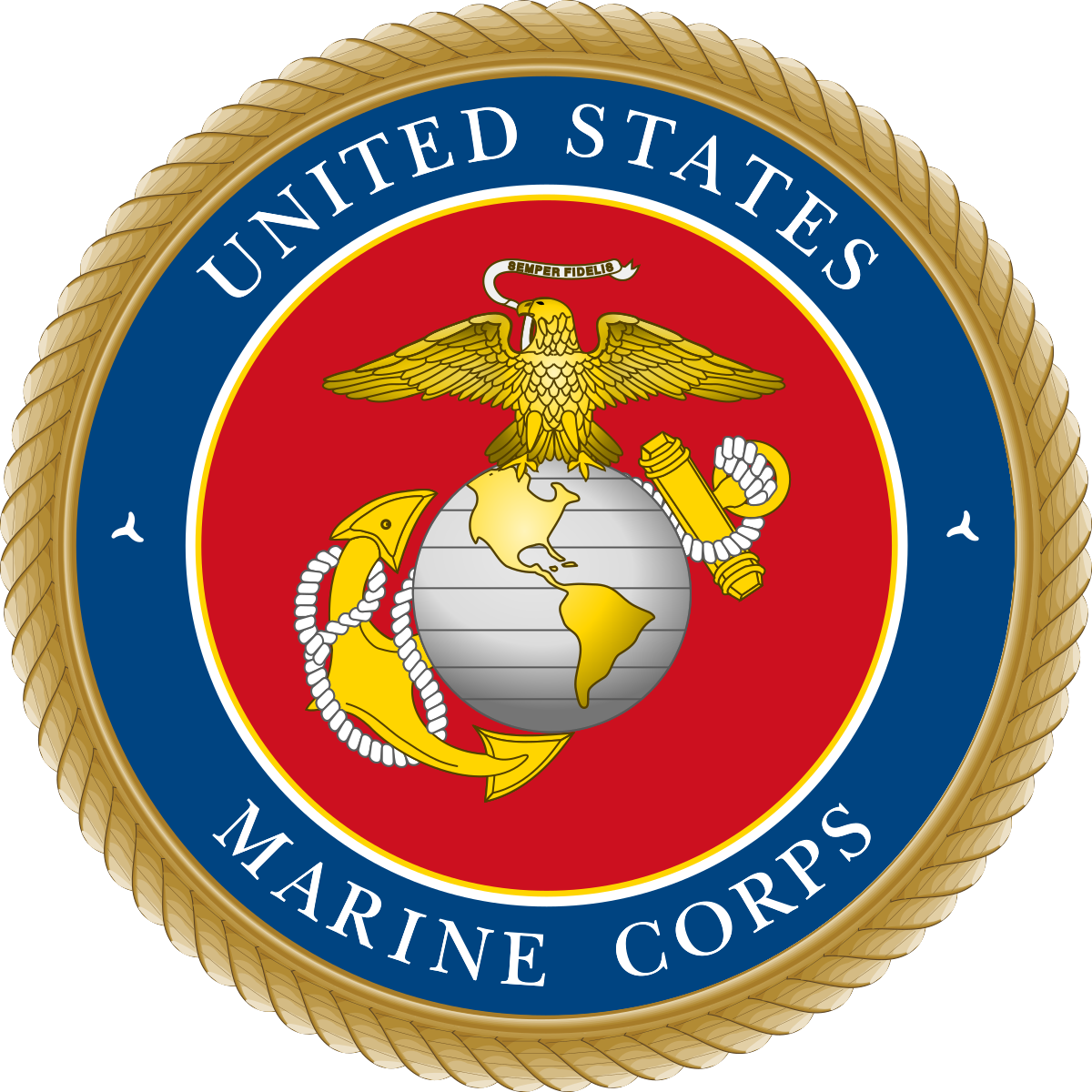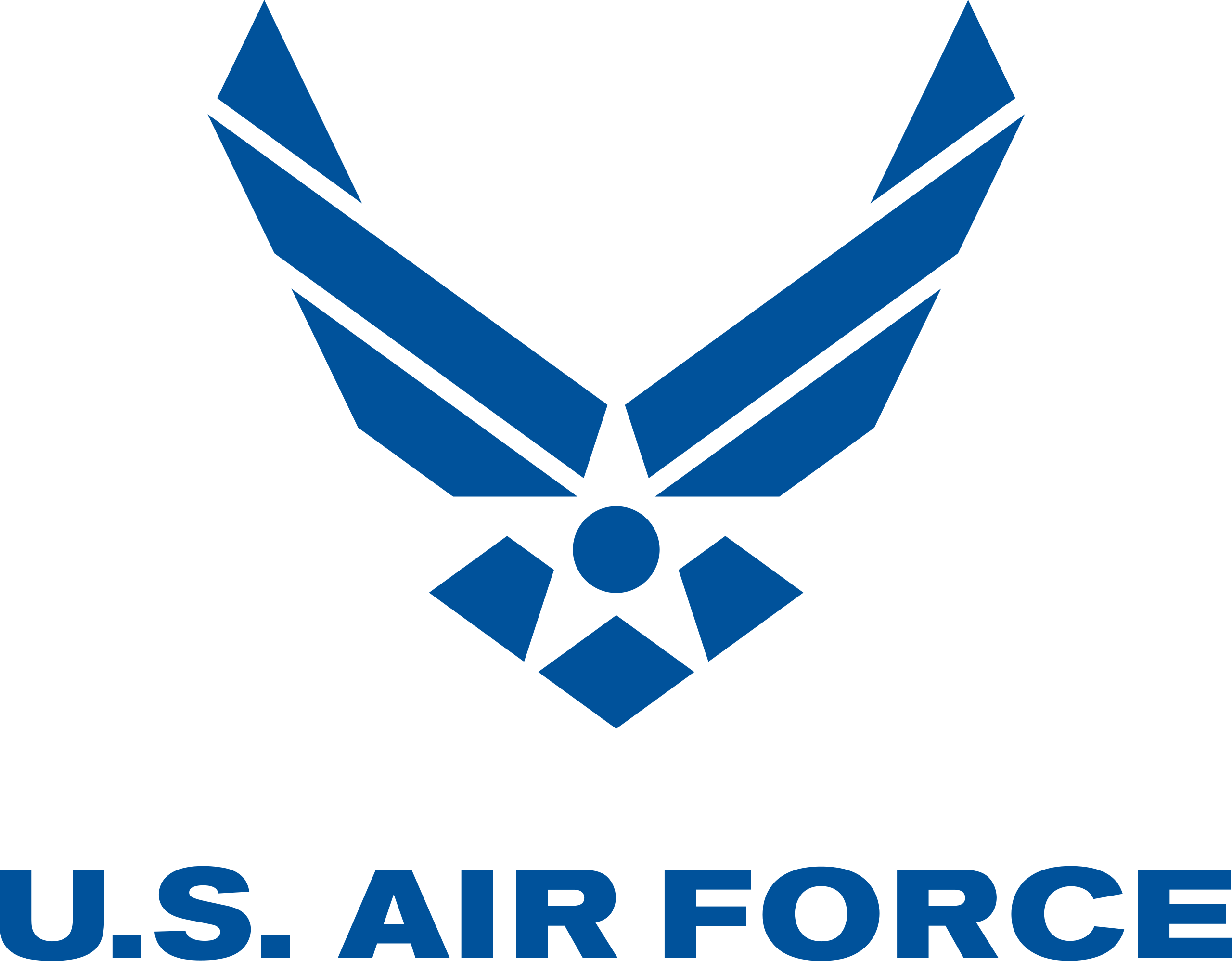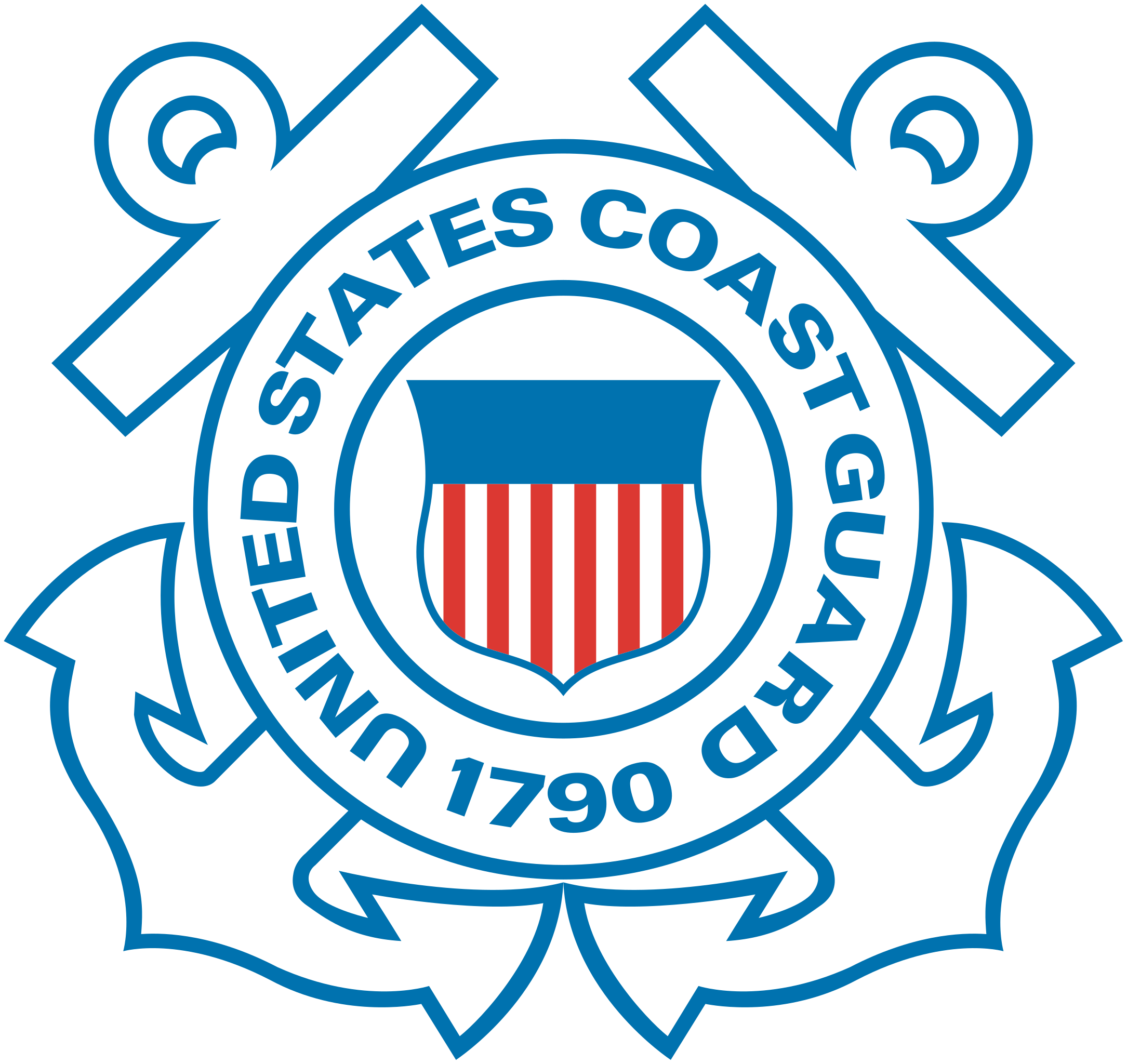HCA - Hospital Corpsman Advanced Technical Field Officer
About
WARFIGHTERS NEED MEDICAL WARRIORS.
Saving lives is the mission—but for Special Operations medics, it’s a mission fought in the shadows.
These elite medical specialists don’t just treat injuries; they bring life-saving expertise into the fight.
From stabilizing wounded operators under enemy fire to leaping from helicopters and diving with Special Operations teams, Hospital Corpsmen in the Advanced Technical Field (HM-ATF), are trained to handle medical emergencies wherever the mission takes them.
As part of an exclusive group supporting SEALs, Divers, SWCC, and EOD teams, they deliver critical care in the most extreme conditions.
You might serve in one of three roles: a Search & Rescue Medical Technician, a Dive Medical Technician or as a Special Operations Independent Duty Corpsman.
It’s not easy to earn the title “Doc.” But when warfighters put their lives on the line, they need a medical warrior by their side.
Responsibilities
Those in the Hospital Corpsman Advanced Technical Field go beyond the duties of basic Hospital Corpsman , working in austere and challenging environments while saving lives.
Each of the three classifications has its own responsibilities: Special Operations Independent Duty Corpsman (SOIDC) Provide advanced medical care and operational services for Marine Reconnaissance, USMC Special Operations Forces and Navy Special Operations Command personnel, like SWCC and SEALs Engage as a team member in direct action, special reconnaissance, foreign internal defense and unconventional warfare Search and Rescue Medical Technician (SMT) Rescue patients and deliver emergency care from the back of a helicopter Perform aircrew duties and En Route Care (ERC) for routine illness and emergent patients Provide relief and assistance in areas ravaged by catastrophic natural disasters Support Search and Rescue (SAR), tactical evacuation (TECEVAC), Medical Evacuation (MEDEVAC), casualty evacuation (CASEVAC) and Combat Search & Rescue (CSAR) for Navy and Marine Corps Aviation Deep Sea Diving Medical Technician (DMT) Provide basic medicine and assist medics in prevention and treatment of diving related illnesses, injuries associated with deep sea diving and hyperbaric conditions Operate, test and repair all Navy diving equipment Perform underwater inspections, harbor/port/ship security inspections, conduct ordnance searches, rescue personnel, engage in special warfare and small boat operations Operate Swimmer Delivery Vehicle Dry-Deck Shelter system and submarine Lock-in/Lock-out systems
Work Environment
As a Hospital Corpsman, you have the most diverse range of work environments in the Navy.
Your job will likely take you all over the world—and far out of your comfort zone.
If you choose to go the Hospital Corpsman Advanced Technical Field route, you will work in extreme and sometimes precarious conditions.
From deep-sea diving to combat missions to flying in MH-60 Romeo helicopters, you will train outside the realm of conventional military forces to prepare for any mission.
You may work independent of a physician or under supervision in this program.
Training
Upon completion of initial training at Recruit Training Command Great Lakes (known as Boot Camp), you’ll report for specialized training including: Hospital Corps “A” School (19 weeks) in San Antonio, Texas for training on basic principles and techniques of patient care and first aid procedures.
After “A” School, HM-ATF candidates track to one of three advanced training paths: Special Operations Independent Duty Corpsman Pipeline (121 weeks) Areas of training include but are not limited to basic reconnaissance, airborne operations, combatant diving, demolitions, clinical diagnostics, advanced trauma skills, Advanced Cardiac Life Support (ACLS), basic surgical anesthesia, basic veterinary medicine and basic dental exams.
Search and Rescue Medical Tech Pipeline (27 weeks) Areas of training include but are not limited to advanced fluid resuscitation, administration and management of Advanced Life Support medications, use of emergency medical equipment, rescue and recovery devices and patient handling.
Medical Deep Sea Diving Tech Pipeline (28 weeks) Areas of training include but are not limited to diving physics, scuba and surface-supplied air diving, recognition and treatment of diving related illnesses.
After completing your pipeline, you’ll receive your first assignment.
You’ll go wherever you’re needed, which can be anywhere in the world.
Automatic promotion opportunities are available but are competitive and based on completion of pipeline.
Post-Service Opportunities There’s no better way to begin a successful career in health care than by serving in the medical support division of America’s Navy.
Specialized training received and work experience gained in the course of service can lead to valuable credentialing and occupational opportunities in related fields in the civilian world, such as Emergency Medical Technician (EMT), Home Health Aide, Anesthesiologist Assistant and more.
Education Opportunities
There are no part-time jobs as a Navy Reserve Sailor in this role.
Go back to Careers to find other jobs that have a Reserve component.
You can also find out more about what life is like as a Reserve Sailor in the Navy.
Qualifications & Requirements
A high-school diploma or equivalent is required to become an Enlisted Sailor .
Those seeking a position as a Hospital Corpsman must be U.S.
citizens.
While no college degree is required to apply for a position as a Hospital Corpsman Advanced Technical Field, a high degree of difficulty should be expected.
Entry Requirements include: Vision correctable to 20/20 Normal color perception Pass a physical examination 28 years of age or younger U.S.
citizen eligible for security clearance In addition to strong communication, writing and arithmetic skills, you should also have a genuine interest in providing health care, along with good use of your hands and strong physical stamina.
The Minimum and Elevated Navy Physical Screening Test (PST & EPST) requirements are: For Special Operations Independent Duty Corpsman (SOIDC) Exercise Time Min.
Elevated Swim 500 yards (breast or sidestroke) Unlimited 12:30 9:30 Push-up 2:00 50 75 Curl-up 2:00 50 75 Pull-up 2:00 10 15 Run 1.5 miles Unlimited 10:30 9:30 For Search and Rescue Medical Technicians (SMT) Exercise Time Min.
Swim 500 yards (breast or sidestroke) Unlimited 12:00 Push-up 2:00 42 Pull-up 2:00 04 Run 1.5 miles Unlimited 12:00 For Deep Sea Diving Medical Technicians (DMT) Exercise Time Min.
Swim 500 yards (breast or sidestroke) Unlimited 12:00 Push-up 2:00 50 Pull-up 2:00 06 Run 1.5 miles Unlimited 11:30 Candidates who achieve the Elevated Physical Screening Test (EPST) scores shown above may qualify for the Enlisted Bonus for Shipping (EB-SHP) program.
These elevated standards must be met during your 14-day shipping PST to be eligible for the bonus.
Learn more about Navy enlistment bonuses .
Important personal traits for this role include maturity, resourcefulness, dependability and trustworthiness.
Please note that any illegal involvement with drugs may be disqualifying.
General qualifications may vary depending upon whether you’re currently serving , whether you’ve served before or whether you’ve never served before .
 USMC
USMC NAVY
NAVY AIR FORCE
AIR FORCE ARMY
ARMY COAST GUARD
COAST GUARD SPACE FORCE
SPACE FORCE